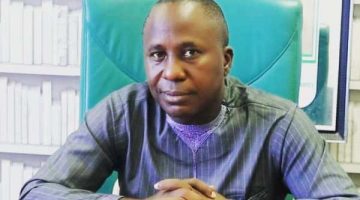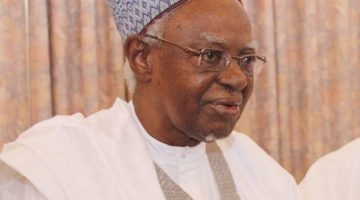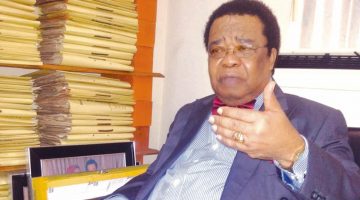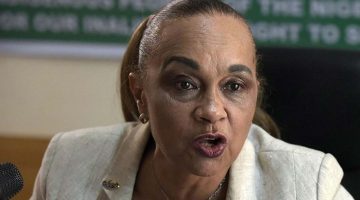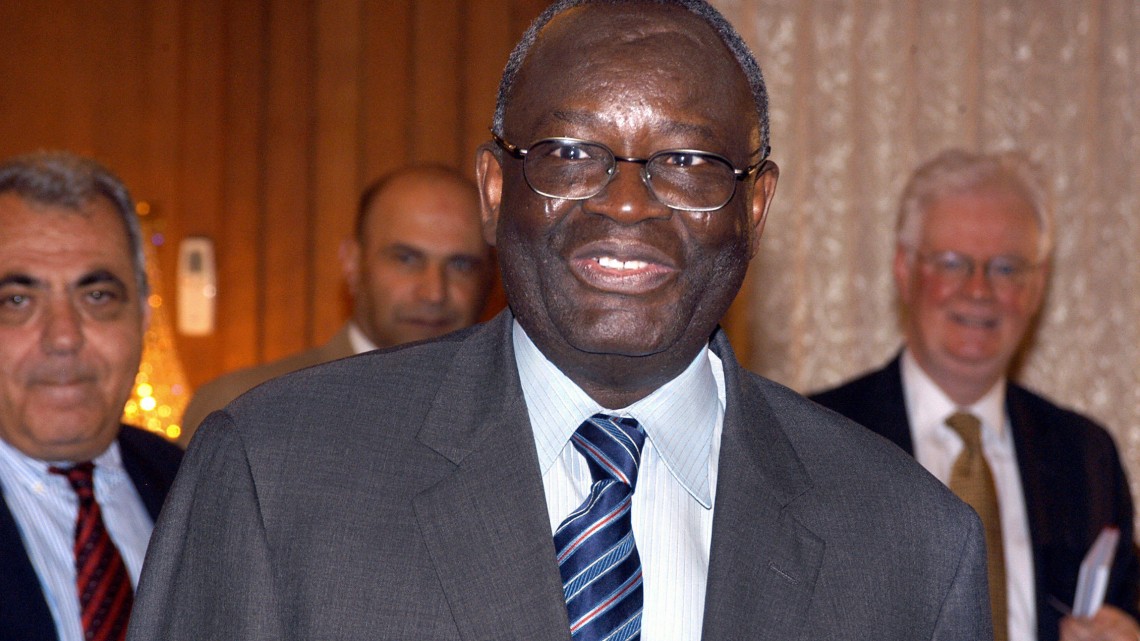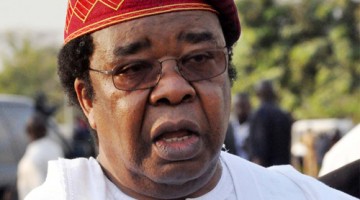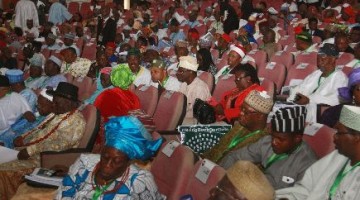National Conference deferred voting on Nigeria’s membership of OIC, WCC
The National Conference on Tuesday supported voting rights for Nigerians living abroad.
There are about 15 million Nigerians in Diaspora.
The Conference however deferred for discussion a recommendation that Nigeria should withdraw its membership of the Organisation of Islamic Cooperation, OIC, as well as that of the World Council of Churches in line with its non-aligned foreign policy.
The resolutions were sequel to the recommendations of its Committee on Foreign Policy and Diaspora Matters. The Conference debated and voted on the report of the Committee chaired by a former United Nations official, Ibrahim Gambari.
Presenting the report to the delegates, Mr. Gambari, who is also a former External Affairs Minister, said the Committee was informed that millions of Nigerians living in Diaspora were currently unable to vote in the various elections taking place in Nigeria.
“This is because according to the provision of sections 13 (1) (c) of the Electoral Act2006, as amended and Sections 77(2) and 117 (2) of the Constitution of the Federal republic of Nigeria, 1999, only citizens present in Nigeria at the time of registration of voters can register to vote in any election,” he explained. “Thus, these millions of Nigerians living abroad feel disenfranchised and are very desirous of exercising their voting right, which they consider a fundamental right, in elections in their fatherland.”
He recounted that the proponents of voting right for Nigerians in Diaspora based their argument on the provision of the Universal Declaration of Human Rights.
Accordingly, the Committee recommends that the provisions of Section 13 (1) (c) of the Electoral Act, 2006, as amended and sections 77 (2) and 117 (20) of the constitution be amended to provide for Diaspora Voting Right so that Nigerian citizens living abroad who are not qualified by law and who are at least 18 years old by the time of voters registration, to vote in Nigerian elections.
“The appropriate mechanism to ensure there are no abuses must also be put in place before the processes take off,” he said.
The delegates voted overwhelmingly for the recommendation when it was put to vote by the Deputy Chairman of the Conference, Bolaji Akinyemi, who moderated the plenary session.
The Conference also adopted a recommendation seeking to encourage the passage of the Nigeria Diaspora Commission Bill currently pending before the House of Representatives. It said the Bill was sponsored by Abike Dabiri-Erewa.
In adopting the recommendation, it said there was clearly a need for Nigeria to develop Diaspora oriented policy strategy.
The Conference also accepted a recommendation of the Committee that the Nigerian passport should be renewed every 10 years instead of every five years.
It also adopted another recommendation that the excesses of first ladies and politicians in frivolously using diplomats abroad for unofficial purposes and distracting them from concentrating on their officials duties must be curtailed.
Among other recommendations adopted were that the Ministry of Foreign Affairs should develop and publish an advisory travel guide; the Federal Government should regulate donations by foreign agencies to Nigerian non-governmental organisations, NGOs; that having lost ownership of the Bakassi peninsula, the Federal Government should come up with a policy of resettlement of Bakassi indigenes; and that the prisoner exchange between Nigeria and any other country should be on equal terms.
The Conference rejected an amendment saying, “In view of the observations of the Committee, it should be recommended that Nigeria should review the Green Tree Agreement it entered in respect of the ICJ ruling on Bakassi peninsular, with a view to reclaiming the ceded portion the country’s territory.”


